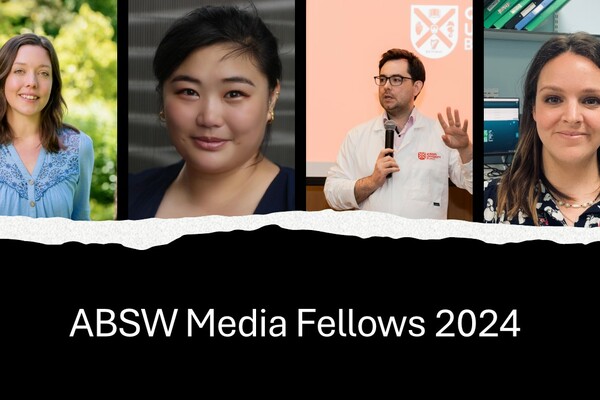Are you an academic institution or professional body that would like your academics to take part in the ABSW media fellowships scheme in 2025? ⏩
Could your media outlet host an ABSW Media Fellow in 2025? ⏬
⏩ Get in touch with ABSW Executive Secretary Sallie Robins.
Download our brochure to find out more. ⏬
The 2024 ABSW Media Fellows have now all completed their placements with media outlets throughout the UK.
At a development meeting in London, held to discuss their experiences, the Fellows identified key points for academics interacting with the media:
- Deadlines are key. You have to work to the media's deadlines - usually hours not days. If you can't deal with a media query in the required timeframe say so, so the journalist can seek comment/interviews elsewhere.
- Don't go on holiday when your key paper is being published, ensure you are available to the media at that time by liaising with your press office.
- Your personal story and the process behind the research finding are key to bringing the research to life.
- Be proactive, pitch your research to your press office to get coverage.
- Enthusiasm will get you noticed, be enthusiastic about your research area, make friends in journalism and maintain these contacts.
- Keep an eye on current affairs, timing is everything when it comes to news, does a current news story offer an opportunity for your expertise?
- You don't have to be the world's foremost expert to comment!
Previously run by the British Science Association, the media fellowships provide a unique opportunity for practising scientists, clinicians, and engineers to spend two to six weeks working at the heart of a media outlet such as the Guardian, BBC Radio Science Unit or IFLScience.
A range of UK institutions from Universities to professional bodies supported the ABSW Media Fellowships Scheme in 2024. Thirteen academics from these institutions and professional bodies were awarded an ABSW Media Fellowship. Find out more about them and their experiences on placement below.
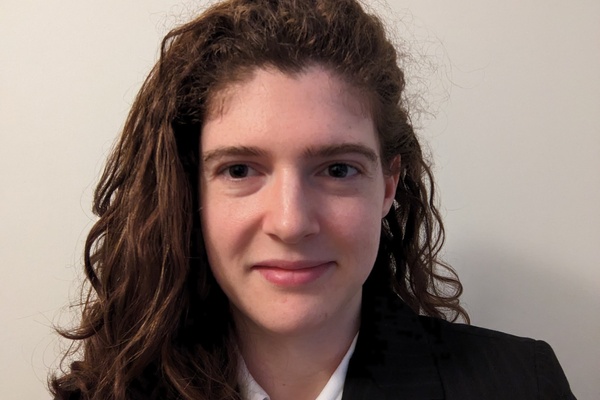
Elizabeth Barsotti
Dr Elizabeth Barsotti is a Career Development Fellow in the Neurobiology Division at the MRC Laboratory of Molecular Biology; a visiting postdoctoral research scientist in the Department of Physiology, Development and Neuroscience at the University of Cambridge; and an affiliated postdoc at Clare Hall College at the University of Cambridge. Her PhD is in petroleum engineering from the University of Wyoming. She is a self-taught neuroscientist, focusing on developing new electron microscopy techniques for imaging a variety of animal brains in three-dimensions at nanometer resolution.
Elizabeth's placement was at the BBC Radio Science Unit in Cardiff but she also visited BBC Broadcasting House in London to work on the All in the Mind podcast.
Whilst on placement she produced, edited, wrote and recorded for the Unexpected Elements podcast. She appeared in two episodes (links below) including a producer credit, and will appear in a future episode not yet released.
https://www.bbc.co.uk/sounds/play/w3ct5q2
https://www.bbc.co.uk/programmes/w3ct5q2b
Elizabeth also experienced the recording of Inside Science and helped with research on an unreleased show called the Ideas list. She also researched and helped write the pitch for another proposed show.
Commenting on her experience Elizabeth said:
It was a great experience and really cool to see all the work I did editing, inviting guests, writing, and recording get packaged into an episode and released.
Elizabeth's Fellowship is supported by the MRC Laboratory of Molecular Biology.
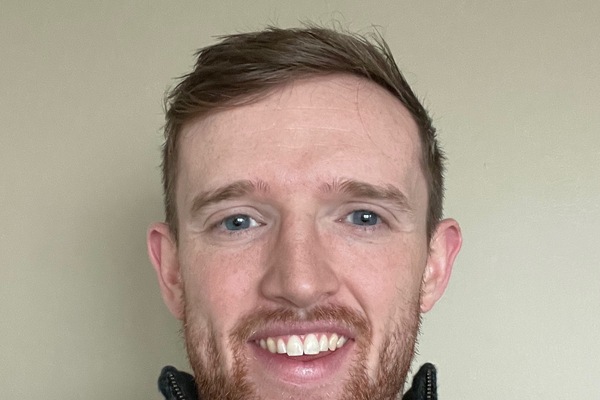
Daniel Giles
Daniel Giles is a Senior Research Fellow in Machine Learning for Weather and Climate Sciences at the Centre for Artificial Intelligence in University College London. His research focuses on the intersection of data-driven approaches and weather/climate modelling.
Daniel joined the New Scientist podcast and visual team in London and was excited to learn about the multitude of ways that science journalism engages with the public. He got involved with the recording of a podcast, gained experience on a video shoot and learned more about social media engagement.
Of his Fellowship Daniel said:
Public and media engagement is of increasing importance in my field of weather and climate research. The team at New Scientist has an excellent following and I look forward to learning from the masters of their craft.
Daniel’s Fellowship is supported by UCL Engineering.
Daniel contributed to New Scientist's weekly podcast writing the first draft of the script for the segment on The Atlantic Meridional Ocean Circulation (AMOC) system. You can now view media videos that he scripted, recorded and edited and are live on the New Scientist YouTube site and Instagram:
https://www.youtube.com/shorts/X_5B2BweBpI
https://www.youtube.com/shorts/Lb95H6lqlfA
He has also contributed his expertise to a technology article: Google AI slashes computer power needed for weather forecasts article
The placement has also led to a new collaboration with the Royal Society who are digitising all their meteorological observations, providing a wealth of new information which predates current observational records. The end goal is to use these newly available observations in a study of India’s climate.
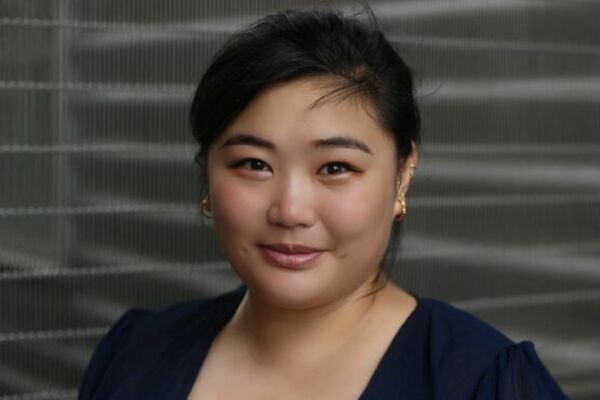
Katherine Wang
Katherine Wang is a Royal Academy of Engineering Enterprise Fellow, based in the Department of Mechanical Engineering at University College London. Her post-doctoral work focuses on developing wearable MedTech devices that help alleviate the pain and swelling caused by lymphoedema. She has a multidisciplinary background that spans Biomedical Science, Biomaterials, and Engineering.
Katherine was based at BBC Future in August. You can read her piece on ancestry, mental health and breaking generational trauma here:
Katherine's Fellowship is supported by UCL Engineering.
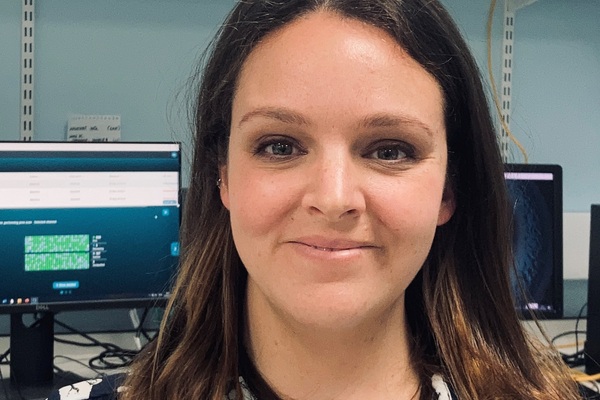
Linzy Elton
Linzy Elton is a Postdoctoral research associate in the Centre for Clinical Microbiology at University College London. Her research focuses on the use of genomics for diagnostics and surveillance of antimicrobial resistance and infectious disease, working closely with Low- and Middle-Income Countries, especially across Africa.
Linzy has been working with the digital content teams in the UK and African offices of SciDev.net.
Linzy says:
I hope the Fellowship will allow me to gain new skills, especially the use of innovative digital solutions, as well as helping to strengthen communication and trust between scientists and the public in both the Global North and Global South.
Linzy's Fellowship is supported by UCL Global Engagement.
Read Linzy's article 'Olympics may be transport hub for global disease spread'
She has also worked on a wide range of YouTube podcast audiograms
- Can mini grids solve Nigeria’s electricity problems?
- Navigating climate challenges for year-round crops
- Can drones and AI fly Africa to the next level?
- HPV vaccine push to fight cervical cancer in Nigeria
- Reviving use of local seeds in African farming
- Advancing Africa’s sexual and reproductive health services
Her placement has also seen her working on social media videos
- How can the Nigerian government address concerns about GM crops?
- How to address scalability challenges with hydroponic farming
- Hydroponics and AI video
- Indigenous knowledge - Rainfall video
- Indigenous knowledge - language
- Indigenous knowledge - Dr Manjaro quote
- Kenya contraception video
- Internet of Fish video
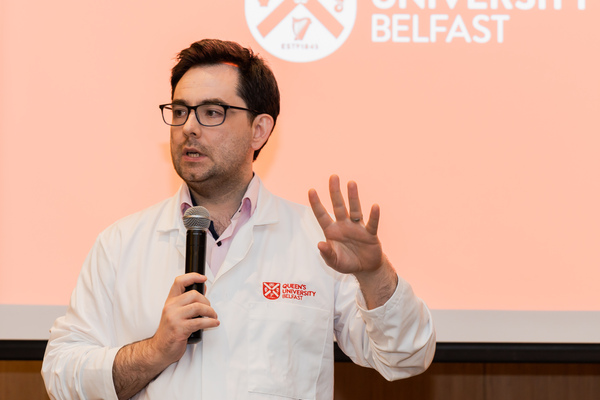
Declan McLaughlin
Declan McLaughlin is a Senior Lecturer (Education) at Queen's University Belfast (QUB). His expertise is in fundamental science education including anatomy, physiology and biomedical science. He has worked in QUB since 2015 having previously studied there at both undergraduate and postgraduate level. Engaging with the media aligns with his commitment to enhancing public understanding of science and contributing to informed decision-making.
Looking ahead to the future Declan said:
I see challenges in the ever-changing and updating curricula. Integrating the fundamental biomedical sciences with clinical application will help ensure that education keeps pace with scientific advances and societal needs.
Declan worked on video content with BBC Ideas during August, with some of his ideas being taken forward and commissioned. Due to the long term nature of video production these may not be available for some months. Once these videos are publicly available there will be links provided here.
Declan's Fellowship is supported by the Institute of Biomedical Science
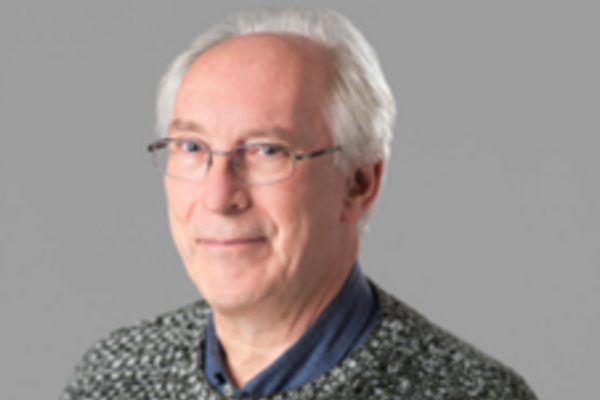
Dr Stephen A Morris
I studied Microbiology (B.Sc Hons, Cardiff) and Biophysics (Ph.D Kings College London).
During my career started in biochemistry/cell biology, working for many years on multi-protein complexes, intracellular trafficking machinery and ion channels. This led to my interest in the cell biology of viruses and the generation of new vaccines. I have worked in academic institutions in the UK, Germany and USA, and spent a number of years developing VLP based vaccines in the UK Biotech Industry. I am now part of the UCL Vaccine Manufacturing Research Hubs (VaxHub). Initially as Research Fellow specialising in the use of high throughout methodologies for vaccine bioprocess development and analytics. With an emphasis on the transfer of these technologies for use in Low to Middle Income Countries (LMIC). My teaching activities include lecturing to B.Sc, B.Eng, M,Sc and M.Eng students on Vaccine Bioprocessing. In 2022 I started the VaxHub Schools Outreach program.
Since February 2024 I hold the position of VaxHub Outreach and Public Engagement Manager and Lecturer.
Stephen worked with Research Professional in September 2024.
My time at Research Professional was very useful to me in learning how media organisations work. I made lots of new contacts both there and at the Science Media Centre which I am hoping to maintain in my engagement role for VaxHub. I certainly learnt to be more effective in writing communications.
Stephen is currently putting the finishing touches to an unpublished feature article which should be published in the next few weeks.
Stephen's Fellowship is supported by UCL Engineering.
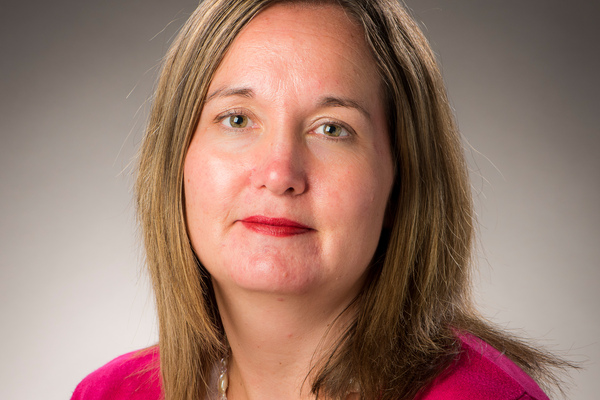
Abbie Jordan
Abbie Jordan is a Reader in the Department of Psychology and member of the Centre for Pain Research at the University of Bath. Abbie’s work focuses on understanding how children, young people and their families make sense of pain and how pain impacts on their lives. Abbie is particularly interested in exploring how pain is represented and understood in broader social settings.
Abbie is currently working at BBC Science Focus Magazine and you can find all her published work through her profile link at Science Focus Magazine:
https://www.sciencefocus.com/author/abbie-jordan
Her Fellowship is supported by the University of Bath.
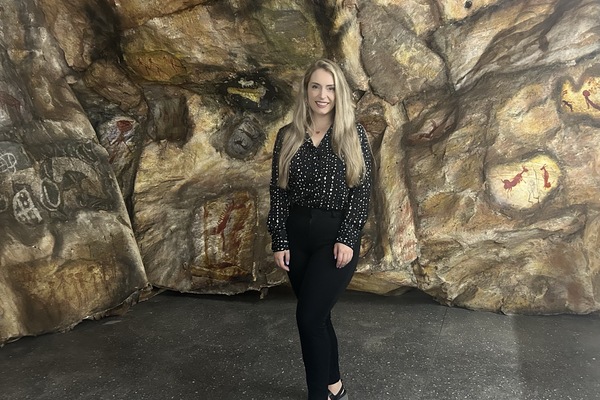
Rebecca Irons
Rebecca Irons is a Medical Anthropologist and Wellcome Trust Senior Research Fellow at the Institute for Global Health at UCL. Her research focuses on reproductive & sexual health and HIV amongst migrants and marginalised populations, and the multispecies effects of climate change and health in Pacific Latin America.
On being awarded the ABSW Media Fellowship Rebecca said:
The wider public are at the heart of what global health academics do, and why we do it, yet academics are rarely taught how to bridge the institution-public/media divide. The ABSW fellowship offers an amazing opportunity to collaborate and learn about wider engagement from media partners, and form lasting networks and links.
Rebecca relocated to Cardiff to work with the BBC Radio Science Unit in late July, she has been working on the radio programmes 'Unexpected Elements' and 'Health Check'.
Rebecca's Fellowship is supported by UCL Global Engagement.
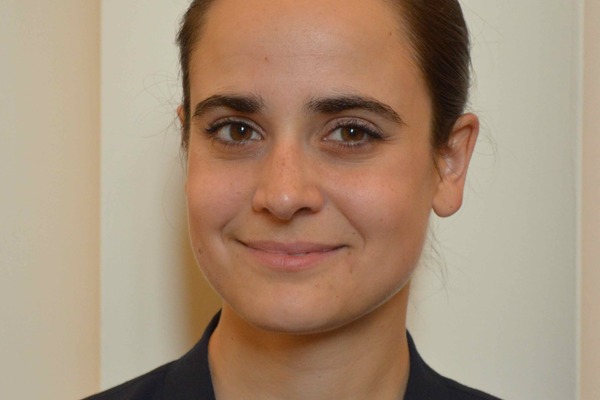
Dr Raphaëlle D. Haywood
Dr Raphaëlle D. Haywood is a Senior Lecturer in Physics and Astronomy and Assistant Director of the Global Systems Institute at the University of Exeter. She currently holds an Ernest Rutherford Fellowship from the UK's Science and Technologies Facilities Council. She teaches an undergraduate course on Physics of Climate Change and uses her astrophysics research on planets beyond our solar system (exoplanets) to highlight that there is no planet "B".
Raphaëlle worked on the science desk at The Times for three weeks in September, publishing four pieces. Her first article, based on research presented at the British Science Association Festival, covered concerns that 6G 'will drain phones in 30 minutes'. Raphaëlle also reported on cave art, bleached coral reef breeding through IVF, and research that suggests polynesians beat Columbus's arrival on Easter Island. She went to editors' meetings on most days during her placement which gave her a unique insight into how the news ecosystem works.
Raphaëlle's Fellowship is supported by a Science and Technology Facilities Council (STFC) Ernest Rutherford Fellowship and the University of Exeter's Department of Physics and Astronomy.
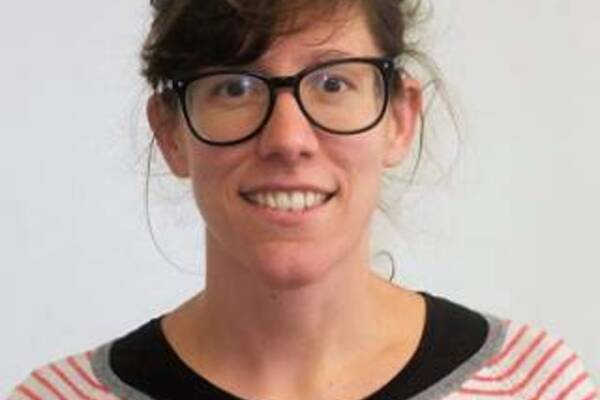
Dr Anna Volkmer
Dr Anna Volkmer is a senior research fellow in the Department of Psychology and Languages Sciences at University College London. She is also an honorary consultant speech and language therapist at the National Hospital for Neurology and Neurosurgery in London where she works with the cognitive disorders service. Dr Volkmer's research has focused on the development of interventions to support people with language led dementias (Primary Progressive Aphasia) and their families. These interventions have relevance to the wider population of people living with dementia and their families, and target areas of communication and relationship that have been identified as priorities by people living with these diagnosis.
Anna worked at the British Medical Journal in September and October where she researched and wrote a number of news pieces including 'Third of former American football players report CTE symptoms, a study finds'
Anna's Fellowship is supported by UCL Language & Cognition Department and the National Institute for Health and Care Research.
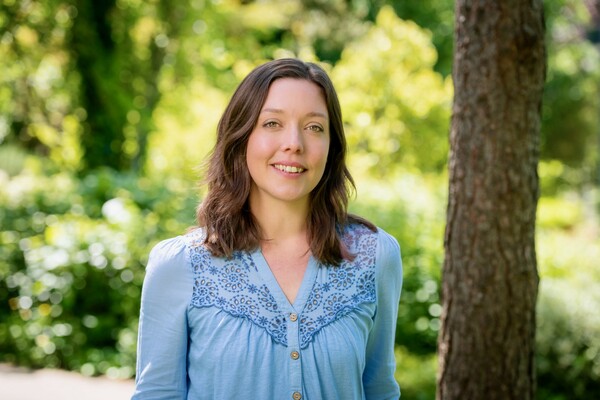
Tiffany Taylor
Tiffany Taylor is a Royal Society Dorothy Hodgkin Research Fellow and a Professor of Microbial Ecology and Evolution at the University of Bath in the Milner Centre for Evolution. Her research group evolves bacteria in real-time in the lab to explore questions in evolutionary biology such as: how are genes innovated for novel function? What makes evolution (sometimes) predictable? And how do bacteria defend themselves from viruses and other invading DNA? She has also written three children’s books on the topics of evolution and genetics.
Tiffany has been working at the popular science website LiveScience, which has offices in Bath. Reflecting on her fellowship Tiffany said:
I firmly believe that good science communication is essential for the well-being, health, and economic stability of our society. I’ve always been passionate about effectively communicating my science in clear and engaging ways, and I’m thrilled that this fellowship will grant me the opportunity to learn from industry leaders and contribute to a dynamic online media platform.
Tiffany’s Fellowship is supported by the Life Sciences Department at the University of Bath.
Tiffany produced a wide range of articles whilst on placement at LiveScience all of which can be found through her profile on the LiveScience website:
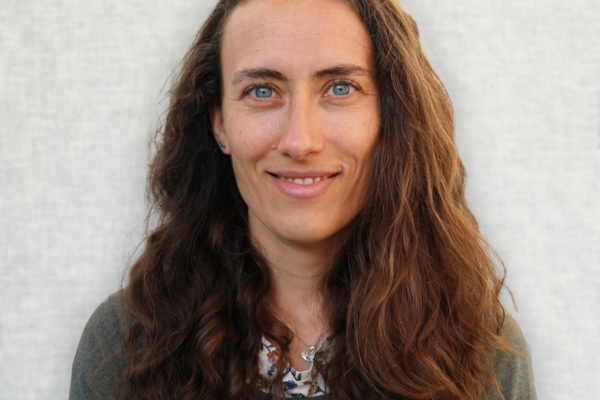
Jasmine Reggiani
Jasmine is a postdoctoral fellow at the Sainsbury Wellcome Centre for Neural Circuits and Behaviour. Her research focuses on understanding how animals navigate and specifically how they remember the way to return to their shelter.
Jasmine's placement with IFLScience took place in July and her Fellowship is supported by Sainsbury Wellcome Centre
Visit Jasmine's profile page on IFLScience with links to all her articles - everything from Ozempic to Splooting. She also guested on the IFLPodcast and has two short pieces coming out in the ILFScience magazine Curious in September. Jasmine also wrote a blog on her experience as a media fellow for her institution's website.
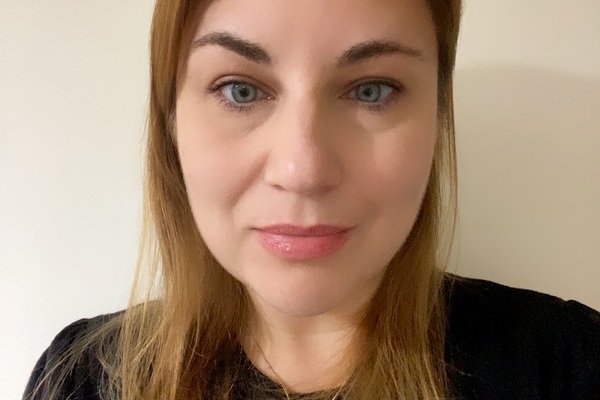
Tanya Procyshyn
Tanya Procyshyn is a Postdoctoral research associate at the Department of Psychiatry, University of Cambridge. With a background in neuroscience, her current research focuses on the mental health of autistic people with the aim of informing tailored mental health support services.
Tanya is spending July on the Science desk at The Guardian in London. Her Fellowship is supported by the School of Clinical Medicine, University of Cambridge.
Read her published work for the Guardian so far:
UK adolescents get two thirds of daily calories from UPFS says survey
Chimpanzees communicate in similar quick-fire fashion to humans, study shows
Scientists propose lunar biorepository as 'backup' for life on Earth
All ABSW Media Fellows undertook a day’s training before starting their placements, including practical work on making a podcast. Fellows are expected to take the lessons learned in their placements back to their institutions to continually improve relationships and understanding between academia and the media.
Thanks are due to all those supporting media fellowships in 2024 and to all our media hosts.
Are you an academic institution or professional body that would like your academics to take part in the ABSW media fellowships scheme in 2025? Then download our brochure below and get in touch with the ABSW Executive Secretary Sallie Robins to discuss.
Could your media outlet host an ABSW Media Fellow in 2025? Download our brochure below to find out more and get in touch with ABSW Executive Secretary Sallie Robins to discuss.

